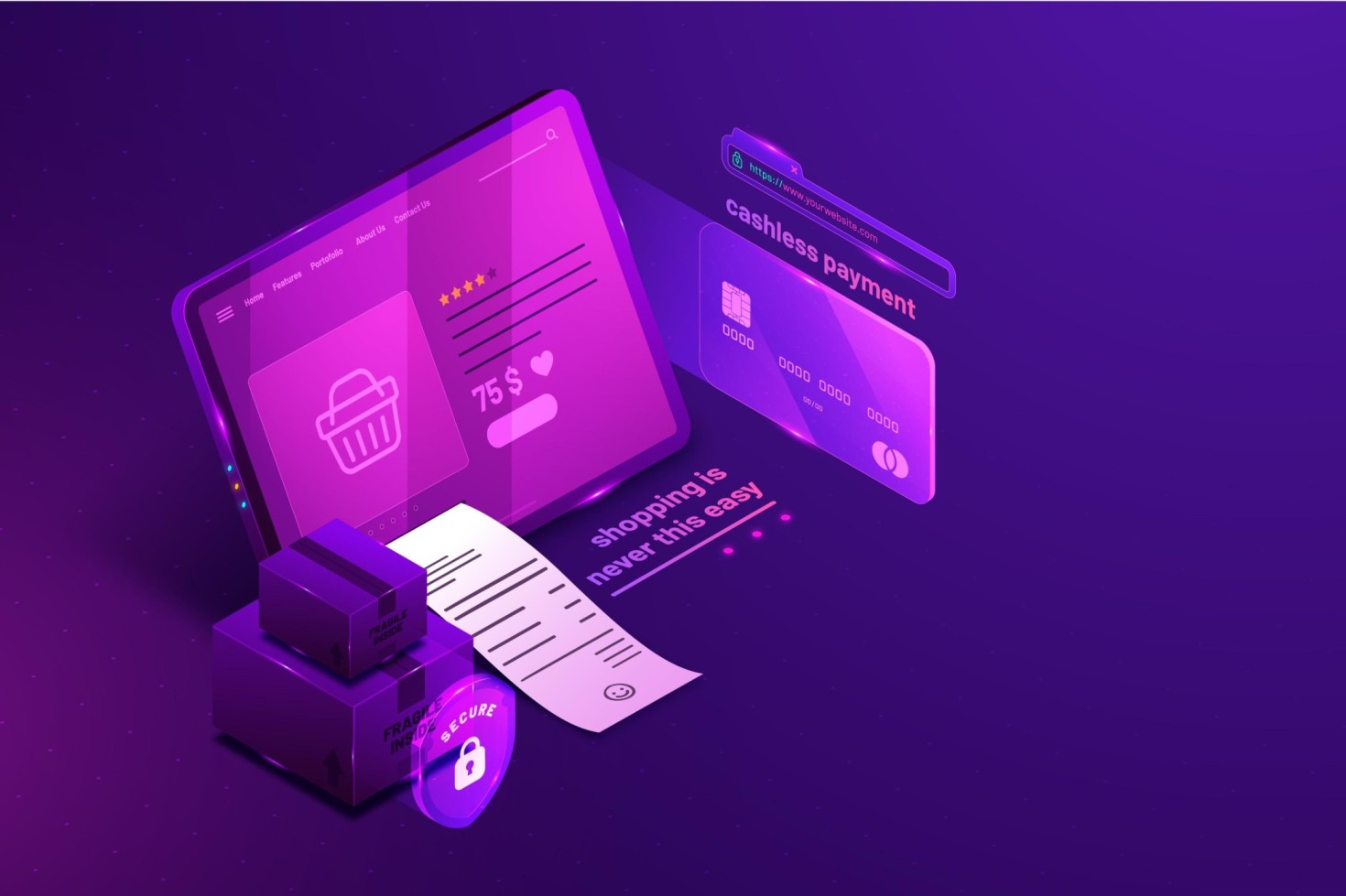
The technology landscape is constantly evolving, and the pace of change is only accelerating. New tools, programming languages, frameworks, and innovations emerge daily, reshaping the way we work, communicate, and live. In this fast-paced world, one thing has become abundantly clear: continuous learning is not just a benefit, but a necessity for anyone involved in the tech industry.
For professionals, from software developers and data scientists to IT specialists and cybersecurity experts, staying relevant means embracing lifelong learning. The need to stay ahead of the curve has never been more critical as businesses and organizations strive to adopt new technologies to maintain a competitive edge. Let’s explore the profound importance of continuous learning in the tech industry and how it can benefit both individual professionals and organizations alike.
Rapid Technological Advancements

The tech industry is notorious for its rapid evolution. Every year, new technologies emerge, old tools fade, and the methods of problem-solving are often revolutionized. For example, just a few years ago, cloud computing was a niche technology; now, it’s essential for businesses of all sizes. Similarly, artificial intelligence (AI), machine learning (ML), and blockchain technologies are no longer buzzwords but integral to many industries.
For tech professionals, the ability to adapt and learn these new technologies is critical for career longevity. If you’re not staying updated with the latest trends and tools, you risk being left behind. Continuous learning helps you keep pace with industry shifts, ensuring that your skills remain sharp and marketable.
Improved Problem-Solving Skills
In the tech industry, problem-solving is at the core of every task. Whether you're coding a website, configuring a server, or troubleshooting a network issue, your ability to solve problems quickly and efficiently is vital.
Continuous learning enhances your ability to approach challenges from different angles. By keeping your knowledge base diverse and up-to-date, you're better equipped to tackle complex problems. You’ll have a broader range of tools and strategies at your disposal, enabling you to find optimal solutions that others may overlook.
Staying Competitive in the Job Market
As the tech industry continues to expand, so does the competition for top talent. Companies are constantly on the lookout for professionals who are not only skilled but also adaptable and open to new technologies. Employers prioritize individuals who show a commitment to continuous improvement and innovation.
For job seekers, staying up-to-date with the latest trends and certifications can give you an edge over others. For example, obtaining certifications in cloud technologies like AWS or Google Cloud, or gaining proficiency in emerging programming languages like Rust or Go, could make you a more attractive candidate.
Even if you’re not actively job hunting, continuous learning opens doors to promotions and lateral career growth within your organization. It demonstrates your ambition and commitment to personal and professional growth.

Enhancing Innovation and Creativity
Innovation is at the heart of the tech industry. The more you learn, the more you expose yourself to different ideas and approaches. By gaining knowledge in diverse areas of technology, you can apply novel techniques to your projects, leading to more creative and efficient solutions.
Continuous learning can help break the monotony of daily tasks. Instead of getting stuck in a routine, you can spark new ideas and find innovative ways to apply technologies. For instance, a developer who learns about artificial intelligence might find ways to integrate machine learning models into existing applications, opening up new possibilities for product development.
Building Confidence and Self-Efficacy
In an industry that constantly presents new challenges, the confidence to tackle unfamiliar problems is invaluable. By dedicating yourself to continuous learning, you build confidence in your ability to face and overcome obstacles.
The more you learn, the more self-assured you become in your skills and abilities. With this newfound confidence, you're less likely to shy away from difficult tasks or projects that may seem intimidating. You'll also be more inclined to take on leadership roles or participate in high-stakes initiatives.
Adapting to Changes in Work Environments
The work environment in tech has changed dramatically in recent years. With remote work, hybrid teams, and increased collaboration across time zones, tech professionals must adapt to new ways of working. Continuous learning is crucial in navigating these shifts.
For example, learning about project management tools like Jira, Asana, or Trello, and enhancing your collaboration skills, can help you work effectively in distributed teams. Moreover, understanding new methodologies such as Agile or DevOps can improve team dynamics and productivity.
Additionally, the rise of automation and AI means some routine tasks are becoming obsolete. Professionals who stay engaged in continuous learning are better prepared to pivot and focus on more strategic, high-value tasks that require critical thinking and creativity.
How to Foster Continuous Learning in the Tech Industry
Now that we’ve established the importance of continuous learning, how can you implement it into your daily life? Here are some practical strategies:
Engage in Online Courses and Certifications
There are countless online platforms that offer courses tailored to the tech industry. Websites like Coursera, Udemy, edX, and Pluralsight provide opportunities to learn new technologies, programming languages, and software tools. Many of these platforms offer certifications that can enhance your resume and provide credibility to your skills.
If you’re looking to specialize in a particular area, consider earning certifications in technologies that are in high demand. For example, AWS certifications, Microsoft certifications, or Google Cloud certifications are widely recognized and respected in the tech world.

Read Industry Blogs and Attend Webinars
Staying updated with industry trends is essential for continuous learning. Follow influential blogs, YouTube channels, podcasts, and social media accounts that cover the latest in tech. Sites like TechCrunch, Wired, and GitHub are excellent sources of information.
Additionally, attending webinars, online meetups, or tech conferences allows you to network with peers, learn from industry leaders, and gain insights into upcoming technologies. Many conferences are now virtual, making them accessible from anywhere in the world.
Participate in Open Source Projects
Open-source contributions are a great way to learn by doing. By contributing to open-source projects, you can collaborate with other developers, learn new coding practices, and expose yourself to different programming languages and frameworks. GitHub and GitLab are platforms where you can find projects to contribute to and engage with communities that are eager to help newcomers.
Join Tech Communities
Being part of a tech community, whether in-person or online, can provide motivation and valuable learning opportunities. Whether it’s a local meetup or a global forum like Stack Overflow or Reddit’s programming subreddits, interacting with like-minded individuals can inspire you to keep learning.
Practice and Experiment
Theory is important, but practice is what solidifies learning. Set aside time to experiment with new tools, build side projects, or challenge yourself with coding problems. Platforms like LeetCode, Codewars, and HackerRank allow you to practice coding skills in an interactive environment.
Invest in Soft Skills Development
While technical expertise is essential, soft skills like communication, leadership, and time management are equally important. Invest time in improving these areas through reading, workshops, and real-world practice. Strong communication and teamwork skills will enhance your ability to contribute to complex projects and collaborate with cross-functional teams.

Conclusion
The tech industry moves fast, and in order to thrive, you need to keep up. Continuous learning is the key to staying relevant, maintaining your competitiveness, and unlocking new opportunities in your career. By staying updated with the latest trends, tools, and methodologies, you position yourself as an asset to both your organization and the industry at large.
Remember, the road to mastery is a journey, not a destination. Embrace the process of learning, challenge yourself to grow, and you’ll not only succeed in the tech world but thrive in it. Whether you’re a developer, a project manager, or an IT expert, never stop learning. Your future self will thank you for it.














